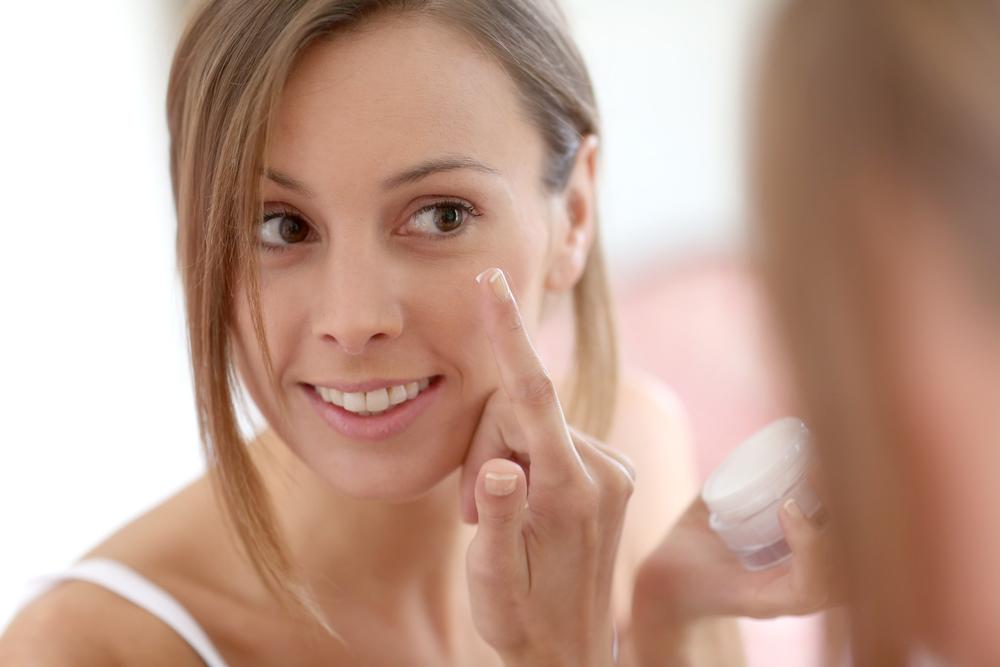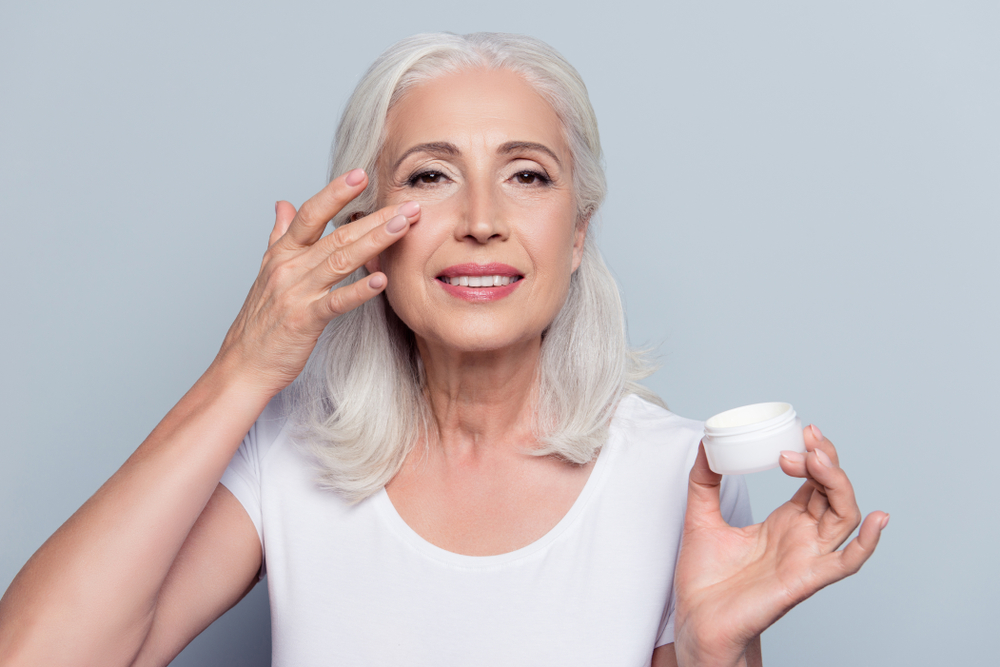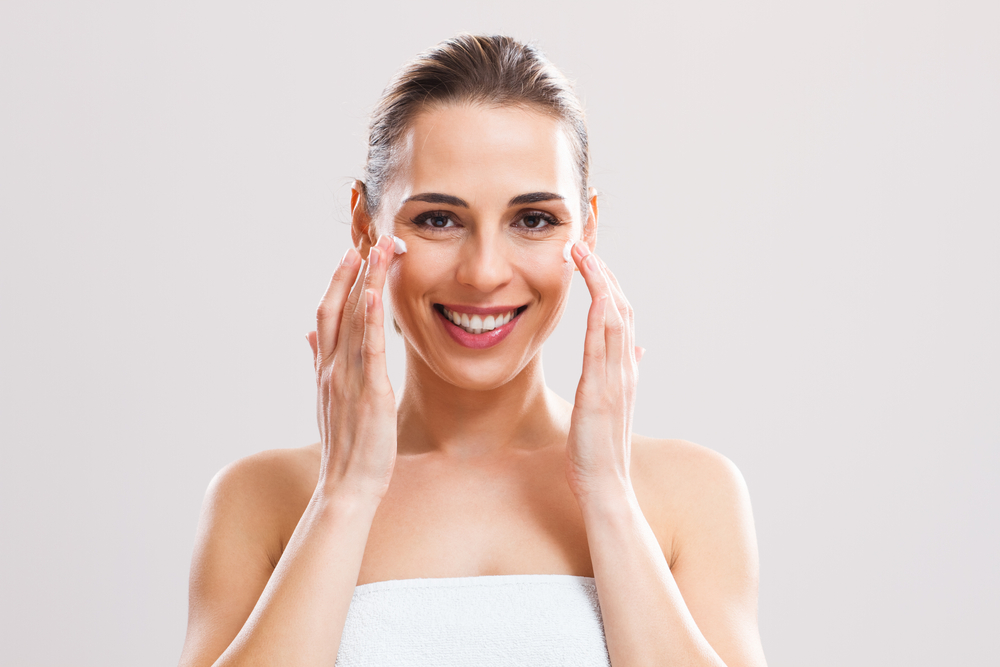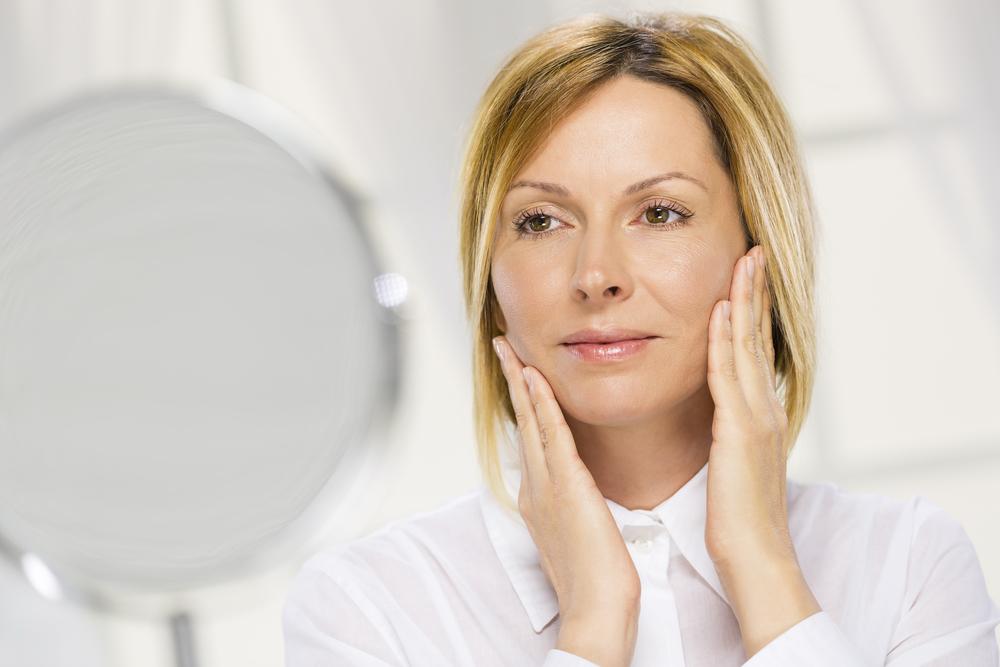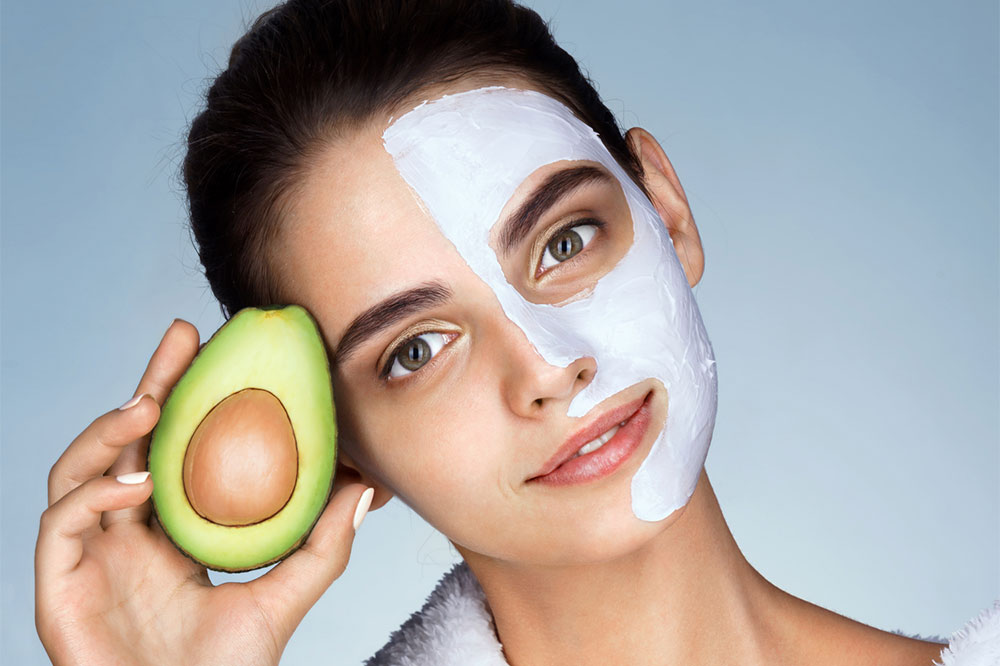Comprehensive Guide to Key Ingredients Behind Effective Anti-Aging Skincare
This comprehensive guide explores the essential ingredients in anti-aging skincare products, including Coenzyme Q10, retinol, Vitamin E, peptides, and hydroxy acids. Learning about these active components helps consumers choose effective formulations to combat wrinkles, improve skin elasticity, and maintain a youthful appearance. Regular use of products containing these ingredients can significantly boost skin health and delay aging signs.
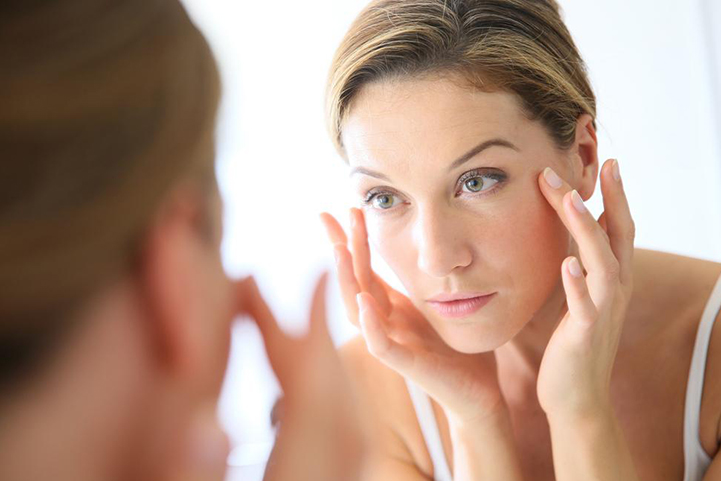
Comprehensive Guide to Key Ingredients Behind Effective Anti-Aging Skincare
As we age, our skin undergoes various changes that manifest prominently through the appearance of wrinkles, fine lines, and loss of firmness. While aging is a natural process, advancements in skincare science provide us with powerful formulations containing potent ingredients designed to slow down these visible signs of aging. Understanding the critical components of anti-aging products can help consumers make informed choices to maintain youthful, vibrant skin for longer.
Important Active Ingredients to Look for in Anti-Aging and Wrinkle-Reducing Products
Coenzyme Q10 (Ubiquinone)
Coenzyme Q10, often abbreviated as CoQ10, is a naturally occurring antioxidant enzyme that plays a vital role in cellular energy production. Its significance in anti-aging skincare stems from its ability to combat oxidative stress caused by free radicals—unstable molecules that damage skin cells and accelerate skin aging. As we grow older, the natural levels of CoQ10 in our skin diminish, leading to decreased collagen synthesis and increased collagen breakdown, thereby contributing to wrinkles and sagging skin.
Applying topical formulations enriched with CoQ10 can help replenish its levels in the skin, providing a protective shield against environmental damage and promoting healthier, firmer skin. Regular use of CoQ10-based products may enhance skin elasticity, reduce the depth of existing wrinkles, and improve overall texture and tone, making it a desirable ingredient in anti-aging formulations.
Retinol (Vitamin A1)
Retinol is one of the most well-established and researched anti-aging ingredients in skincare, derived from Vitamin A. Its powerful antioxidant properties enable it to neutralize free radicals and prevent cellular damage caused by UV rays and pollution. When used topically, retinol accelerates the skin's cellular renewal process, promoting the shedding of dead cells and stimulating the growth of new, healthy skin.
Additionally, retinol boosts collagen synthesis, which is essential for maintaining skin's firmness and smoothness. It's especially effective in diminishing fine lines, wrinkles, age spots, and uneven pigmentation. However, retinol can cause skin sensitivity, especially when first introduced, so gradual acclimatization and sun protection are recommended during its use. Incorporating retinol into skincare regimens can result in visibly younger, brighter skin over time.
Vitamin E
Vitamin E is a lipophilic antioxidant vital for protecting the skin against oxidative stress caused by free radicals. It enhances the skin’s natural barrier, helping retain moisture and improve hydration levels, which is crucial in preventing dryness and dullness associated with aging. Vitamin E also exhibits anti-inflammatory properties, soothing irritated skin and reducing redness.
Furthermore, Vitamin E supports wound healing and minimizes the appearance of scars. Its role in preventing premature aging is well-documented, especially when combined with other antioxidants like Vitamin C. Using products with Vitamin E helps maintain skin suppleness, combat environmental aggressors, and improve overall skin health, making it a staple in anti-aging skincare routines.
Peptides
Peptides are short chains of amino acids that serve as building blocks for proteins such as collagen and elastin—both essential for skin's structural integrity. As skin ages, the natural production of these proteins decreases, leading to sagging and wrinkle formation. Topical peptides have the remarkable ability to penetrate deep into the skin layers, signaling cells to increase collagen and elastin production.
This regenerative effect results in firmer, plumper skin with a reduction in visible signs of aging. Some peptides also mimic the relaxing effects of Botox by preventing muscle contractions, thereby reducing dynamic wrinkles. Ingredients like copper peptides have additional benefits, such as stimulating cellular repair and improving skin elasticity, making peptides a highly effective component in anti-aging treatments.
Hydroxy Acids (AHAs, BHAs, PHAs)
Hydroxy acids comprise a broad category of chemical exfoliants widely used in skincare for their ability to promote cell turnover. Alpha Hydroxy Acids (AHAs) such as glycolic acid and lactic acid are water-soluble agents that exfoliate the outermost layer of dead skin cells, revealing fresh, new skin underneath. Beta Hydroxy Acids (BHAs), primarily salicylic acid, penetrate oil-laden pores, helping reduce acne and improve skin texture.
Poly Hydroxy Acids (PHAs) are newer, milder exfoliants suitable for sensitive skin. Exfoliation with hydroxy acids is a foundational step in anti-aging skin care because it reduces the appearance of fine lines, improves skin smoothness, minimizes enlarged pores, and fades dark spots. Most products contain concentrations ranging from 2% to 10%, with higher levels often requiring professional supervision to avoid irritation and over-exfoliation.
When used consistently, hydroxy acids promote a brighter, more even skin tone, and enhance the effectiveness of other topical treatments by facilitating better absorption.
